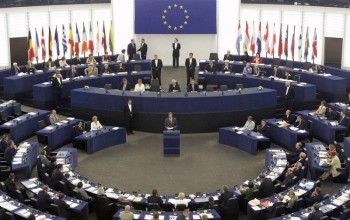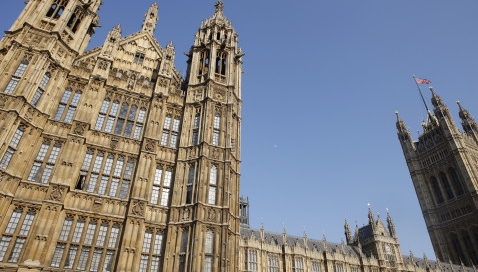Internet governance is an extremely complex and pressing issue. Complex because it is multi-layered, comprising technical standards, access issues and content questions, because different media with traditionally different regulatory systems all converge on the Internet, and because of the web’s borderless nature. It becomes ever more important as more people get online, in the developing as well as Western world, and the more integral a part of their lives the Internet becomes. As well as being an incredible resource in terms of access to information, and an unprecedented platform for free expression, the Internet is also essential to many industries.
The revelations in the Snowden leaks about NSA surveillance of governments and citizens around the world have led to increased concern about the US role in internet governance.
1. Background
Who should govern the Internet, and how, is a highly contested issue.
An ‘independent’ cyberspace?
In his 1996 ‘Declaration of the Independence of Cyberspace,’ John Perry Barlow, one of the founding members of the Electronic Frontier Foundation, beseeched the “Governments of the Industrial World” to “leave us alone”.
His sentiment might sound somewhat naively idealistic, but it sums up the some of the main issues well: “Ours [cyberspace] is a world that is both everywhere and nowhere, but it is not where bodies live… Your legal concepts of property, expression, identity, movement, and context do not apply to us. They are all based on matter, and there is no matter here. Our identities have no bodies, so, unlike you, we cannot obtain order by physical coercion. We believe that from ethics, enlightened self-interest, and the commonweal, our governance will emerge.”
Declaration of the Independence of Cyberspace: https://projects.eff.org/~barlow/Declaration-Final.html
Code is Law
Lawrence Lessig put forward the idea in his 1999 book Code, and Other […]









